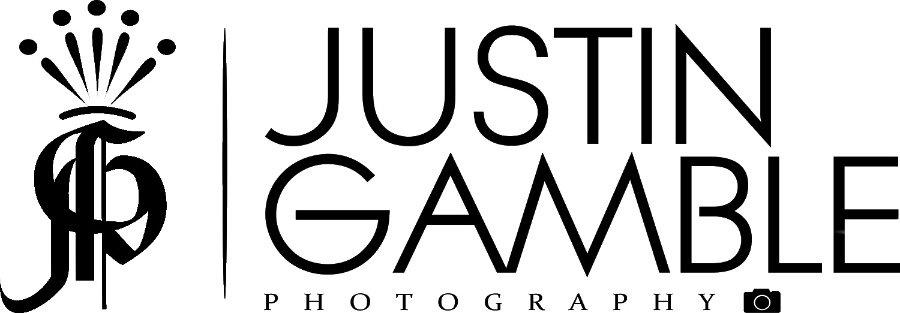This blog post was prompted by a post I saw earlier this week in a Facebook group that I’m a part of. Someone posted that they were becoming increasingly concerned they might be walking into a scam with a person who was marketing themselves as a wedding photographer. The wedding photographer was claiming she could only accept payments via Venmo, Cash App, cash, or checks and when the potential client asked if she could use PayPal so she would have some buyer protection and the photographer told her she didn’t use PayPal due to their fees. This is something that’s all too common in the modern gig/freelance world because the above platforms are much more convenient for businesses who don’t want to pay fees, and unfortunately, they’re extremely risky for the clients because they offer little support for getting funds returned if you do get scammed. If you’re feeling a little uneasy about how one of your vendors is acting or accepting payments, that should be a red flag, but there are some ways to lookout for yourself!
-
Contracts
Professional wedding vendors understand the importance of having contracts with every single client. Contracts protect both vendors and clients because they outline the terms, deliverables, and other variables. It should be clear to both parties what services are being rendered, what the payments will be and what should happen if a dispute arises. Signed contracts give you legal standing in the case that your vendor doesn’t hold up their end of the deal. In order to protect yourself, you should be sure to ask up front if your vendor has a contract that you both will sign!
-
Avoid Friend and Family Payment Services
Personally, I’m a huge fan of Venmo for personal payments, but when it comes to business transactions and large dollar amounts, apps and services like Venmo offer buyers little protection. Services like Venmo and Cash App are made for sending friends and family payments easily and without fees, however, these services even state that they are not intended for business transactions. Since these apps are not intended for business transactions, they in turn will offer you little help if someone runs off with your money or if a dispute arises. PayPal is a service that does offer a goods or services payment option, which will offer you buyer protection. If you are asked by your vendor to pay using the friends and family option, you do not receive the same protection. Venmo is currently working on implementing a business account option for businesses, but it's still in the early stages and not many vendors are using this feature. Paper trails are important when it comes to fraud and scams, at the very least you should ask for a receipt from your vendor to have proof of payment. Your safest bet is to hire a vendor who uses a professional billing tool that will give you an invoice and a receipt, especially if they don’t have a contract or agreement that provides you with legal standing.
-
Find Out if Your Vendor is a Registered Business
A vendor who is a registered business automatically should be more credible than one who is not. If you’re working with an independent photographer, videographer, or dj there’s a chance they may not be registered because you're not obligated to register if you’re self-employed or a sole-proprietor. That’s not necessarily a bad thing, but it is riskier. Having a registered business shows that you take what you do seriously because they are required to pay taxes, and risk their businesses reputation by not delivering on the promised deliverables.
-
Meet Them in Person
Whenever you’re expecting to pay a large sum of money, it’s generally a good idea to meet who you’re paying before you move forward with any payments. Meeting in person will allow you to gauge the professionalism of the vendor you’re considering. They should be able to answer all of your questions to help put your mind at ease and elaborate on the experience you will receive by booking with them.
-
Ask Them for References
References are a great way to find out what other peoples experiences were working with that specific vendor. A lot of times you’ll be able to find reviews of businesses on Google and Facebook, but if the vendor you’re considering working with is new, doesn’t have a Google Business Page, or Facebook Business Page you may not be able to read reviews of their services. Most vendors love to receive and show positive reviews of their service, so they should be happy to share references with you if you ask!
Ultimately, securing a wedding vendor comes down to how comfortable you feel with your vendor choice. If you’re considering using a friend who you trust for any of your wedding services, you may not go the route of having a contract, or paying them via a service like Venmo, but just be cautious if you do opt for that. You should feel confident in your vendors and feel secure that if something does go wrong, you have added security in getting your money back or pursuing legal action against them.






0 Comments